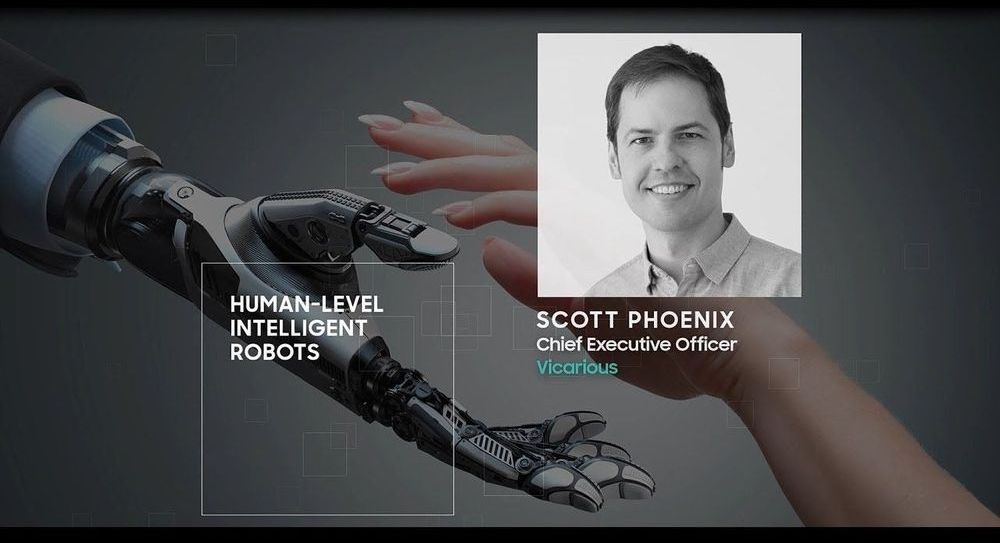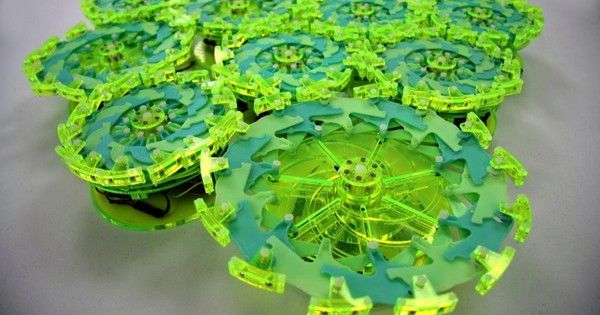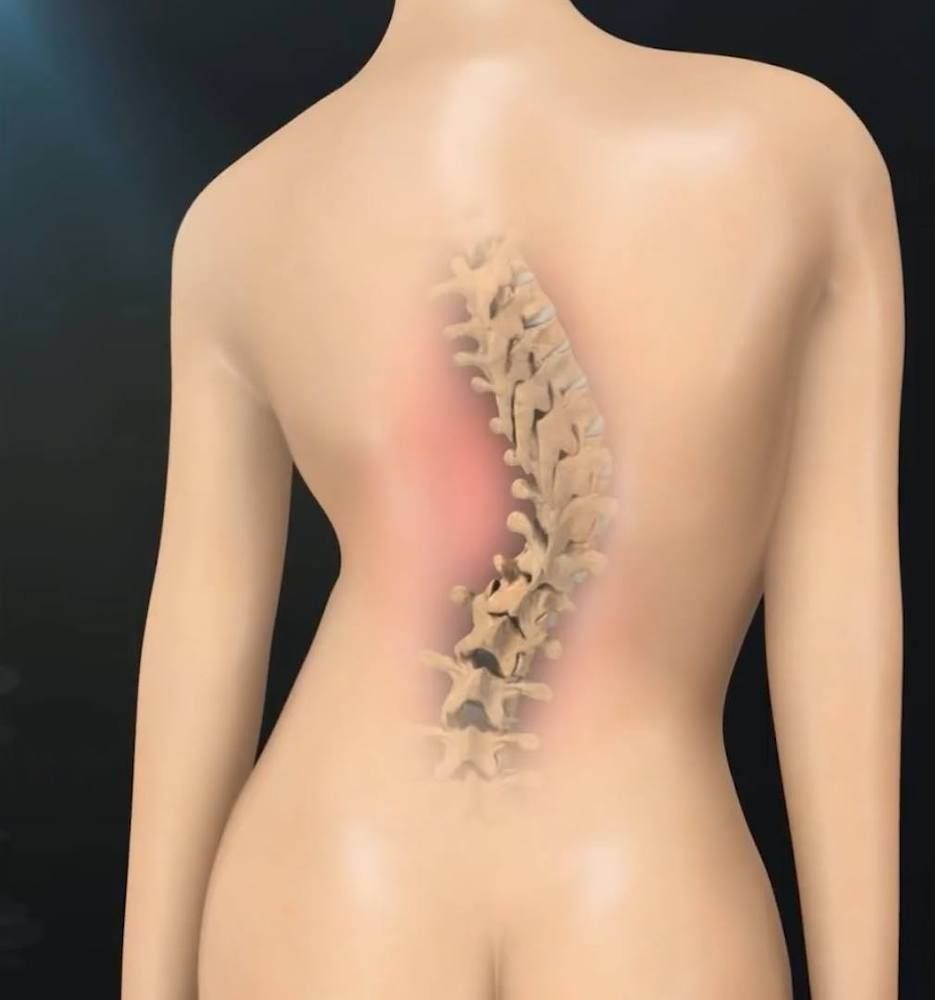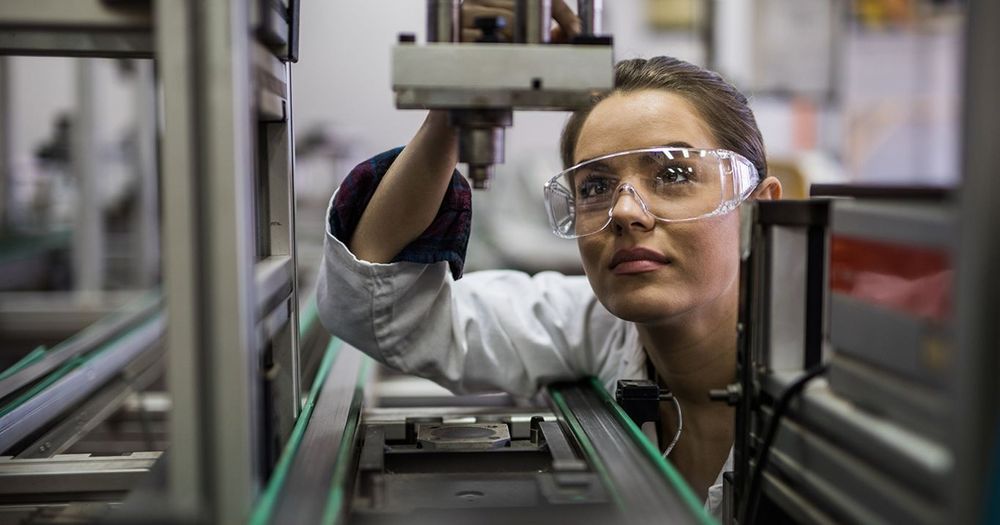Archive for the ‘innovation’ category: Page 162
Apr 5, 2019
AeroLiFi a pureLiFi partner is demonstrating it’s cabin LiFi solution at AIX
Posted by Klaus Baldauf in categories: innovation, transportation
PureLiFi partner aeroLiFi who specialises in LiFi solutions for the aerospace industry, is exhibiting at the Aircraft Interiors Expo (AIX). aeroLiFi will present a demonstration of a multimedia LiFi network for an aircraft cabin. Merging standard LiFi technology components with latest innovations made in multicast network protocols to show the first all optical multimedia IFE solution for aircraft cabins.
Apr 4, 2019
Intel Invested $117 Million into AI Startups Including Untether AI
Posted by Klaus Baldauf in categories: innovation, robotics/AI
More details on Intel Capital’s new investments in 14 disruptive startups:
Disrupting Artificial Intelligence
Untether AI (Toronto, Ontario, Canada) is developing ultra-efficient, high-performance AI chips that will be the foundation for the next wave of innovation in AI. Untether AI has invented an entirely new type of chip architecture that is specifically designed for neural net inference by eliminating bottlenecks in data movement. This unique architecture moves data 1,000 times faster than traditional architectures, resulting in extreme performance and efficiency. The company was founded by a team of scientists, engineers and experienced entrepreneurs who have successfully brought to market more than 1 billion chips.
Continue reading “Intel Invested $117 Million into AI Startups Including Untether AI” »
Apr 3, 2019
AI’s New Challenge: To Be as Smart as an Animal
Posted by Quinn Sena in categories: innovation, robotics/AI

While the goal may be the same, the various obstacles the AIs will need to overcome to achieve success will vary — they might need to move an object, for example, or demonstrate an understanding of object permanence.
“We expect this to be a hard challenge,” Matthew Crosby, one of the researchers behind the Animal-AI Olympics, told New Scientist. “A perfect score will require a breakthrough in AI, well beyond current capabilities.”
Continue reading “AI’s New Challenge: To Be as Smart as an Animal” »
Mar 27, 2019
Beyond Deep Learning: Investing in the Future of AI – Presented by Samsung NEXT #emtechdigital
Posted by Klaus Baldauf in categories: innovation, robotics/AI

Breakthroughs in deep learning are inspiring the evolution of AI. But will this “deep learning + X” model drive AI to its fullest potential? While problem solving with more data and deeper models has a place in AI’s evolution, not every problem can be solved by this model.
Mar 22, 2019
Robots: Five ground-breaking new inventions
Posted by Genevieve Klien in categories: innovation, robotics/AI
Mar 22, 2019
Gigantic EU research programme takes shape
Posted by Derick Lee in category: innovation
Like its predecessor, Horizon 2020, the new programme will fund collaborations between academia and industry, and prestigious discovery science. But the agreement also includes some fresh ideas, including a greater focus on innovation and initiatives to help poorer nations compete for funds.
Horizon Europe will fund a mix of academia–industry collaborations and discovery science — but its proposed budget of €100 billion has yet to be agreed. European Union officials have struck an agreement on the basic structure of the bloc’s next major science-funding scheme, Horizon Europe.
Mar 21, 2019
In The Know Innovation
Posted by Paul Battista in categories: biotech/medical, innovation
Mar 16, 2019
Who invented the dishwasher, windshield wiper, caller ID? Women created these 50 inventions
Posted by Genevieve Klien in categories: engineering, innovation
On May 5, 1809, Mary Kies became the first woman to receive a patent in the United States. (It was for her technique of weaving straw with silk.)
Of course, women inventors existed before this time, but the property laws in many states made it illegal for women to own property on their own. This led some women to apply for patents in their husbands’ names if they decided to apply at all.
As of last year, only 10 percent of U.S. patent holders were women, although women account for half of doctoral degrees in science and engineering. This disparity is due in part to the U.S. Patent and Trademark Office being more likely to reject patents with women as sole applicants.
Mar 16, 2019
Pain Control in a Post-Opioid World — Prof. Peter McNaughton FMedSci — IdeaXme — Ira Pastor
Posted by Ira S. Pastor in categories: aging, biotech/medical, business, chemistry, futurism, genetics, health, innovation, life extension, neuroscience
















